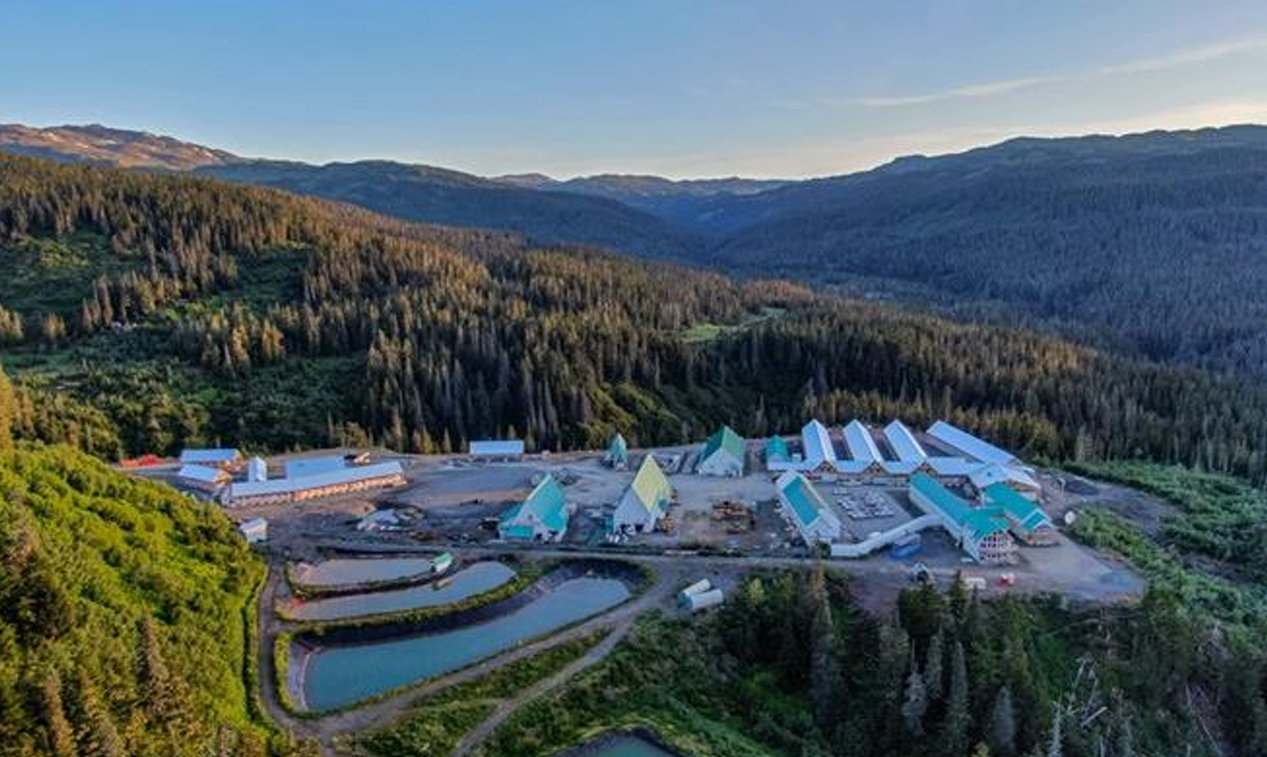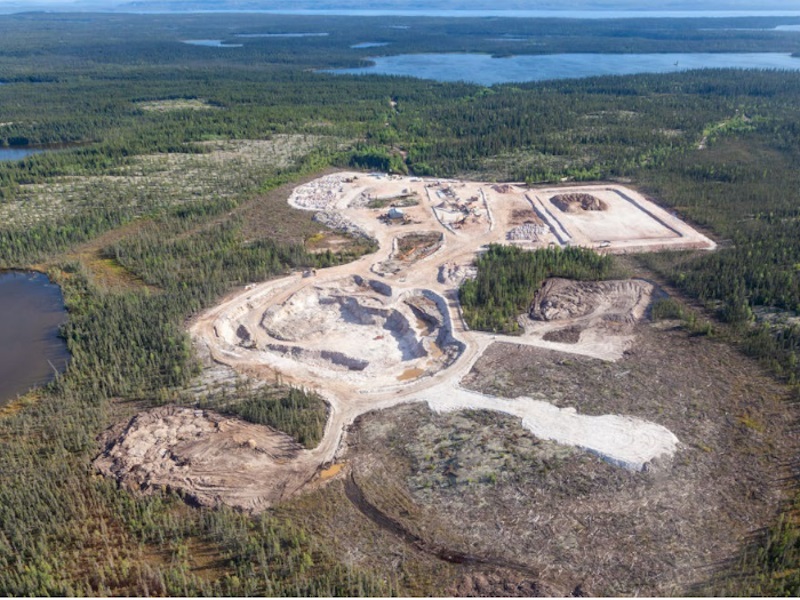“Today’s announcement represents a significant milestone for Newmont,” CEO Tom Palmer said. “We have full confidence that Discovery’s leadership team will continue to operate Porcupine responsibly, leveraging their extensive experience and history in the area.”
News of the deal comes almost a year after Newmont unveiled plans to divest non-core assets, including six operations and two projects from its Australian, Ghanaian and North American business units. In November, it agreed to sell its Musselwhite gold mine in Ontario to Orla Mining (TSX: OLA) for US$850 million and its Éléonore property in Quebec to London-based private miner Dhilmar for US$795 million in cash.
Total proceeds from the transactions announced so far should hit US$4.3 billion, including US$3.8 billion from non-core divestitures and US$527 million from the sale of other investments, Newmont said. The Denver-based miner plans to use the money to cut debt and return capital to shareholders, Palmer said.
Discovery shares traded for $1.14 apiece in early afternoon in Toronto, giving the company a market value of about $456 million. Newmont shares fell 1.6% to $59.32.
New golden opportunity
The transaction marks Discovery’s initial foray into gold production – a significant evolution for a company until now focused on silver production – and allows it to add both Newmont and Franco-Nevada (TSE: FNV) as key shareholders. Discovery’s flagship asset is its 100%-owned Cordero project in Mexico, one of the world’s largest undeveloped silver deposits.
To pay for the acquisition, Discovery has lined up a US$555 million package that includes a US$400 million royalty and debt agreement with Franco-Nevada and $225 million from a bought deal public offering of subscription receipts. BMO Capital Markets will be the sole bookrunner, while SCP Resource Finance acts as co-lead underwriter on behalf of a syndicate of underwriters.
Porcupine, located in Timmins, is one of the world’s most prolific gold camps. The property has a total historical production of about 70 million oz., a large base of mineral resources remaining and “substantial” exploration upside, Discovery said.
The Borden underground mining operation near Chapleau, Ont., is also part of Porcupine.
“The acquisition of the Porcupine complex is an important step forward as we work to build a highly profitable precious metals producer,” Discovery CEO Tom Makuch said. “Through this acquisition, we are combining growing gold production at Porcupine with tremendous upside, in one of the world’s great gold camps, with our Cordero project, one of the industry’s leading silver development projects based on reserves and expected production.”
Porcupine’s gold loads
Current gold production at Porcupine comes mostly from Borden, which began commercial production in 2019, and Hoyle Pond, a high-grade underground mine that started operating in 1987.
Discovery said it’s identified “numerous opportunities” to boost production, cut costs and extend mine life at the Hoyle Pond, Borden and Pamour mines. It will also assess the potential for resuming production at the Dome mine, which stopped producing in 2017 after more than a century of operations.
Annual output at Porcupine should average 285,000 oz. over the next 10 years, Discovery said. The company estimates the mine life at 22 years, “with substantial upside potential.” Over 22 years, Discovery expects Porcupine to produce at least 4.9 million ounces..
Assuming a long-term gold price of US$2,150 per oz., Porcupine has a “base-case” net present value of US$1.2 billion, Discovery said. With a long-term gold price of $2,650 per oz., the figure rises to US$2.3 billion.
Based on a gold price of US$2,150 per oz., Porcupine should produce after-tax free cash flow of US$1.3 billion over the first 10 years, Discovery also said.
Keeping it local
Acquiring Porcupine marks a homecoming of sorts for Discovery’s executive team.
Makuch, a Timmins native, has worked extensively in the area, including a stint as general manager at Hoyle Pond and other sites. He also served as CEO of Lake Shore Gold, which built and operated the Timmins West mine. Other members of Discovery’s team also hail from the area and have similar experience working locally in various operational and management roles.
“We know these assets well and have an extensive understanding of where the value creation opportunities exist,” Makuch said. “We have a deep connection to the community, including local First Nations groups, and will bring to Timmins the same commitment to responsible mining that has resulted in Discovery receiving numerous recognitions in Mexico.”




